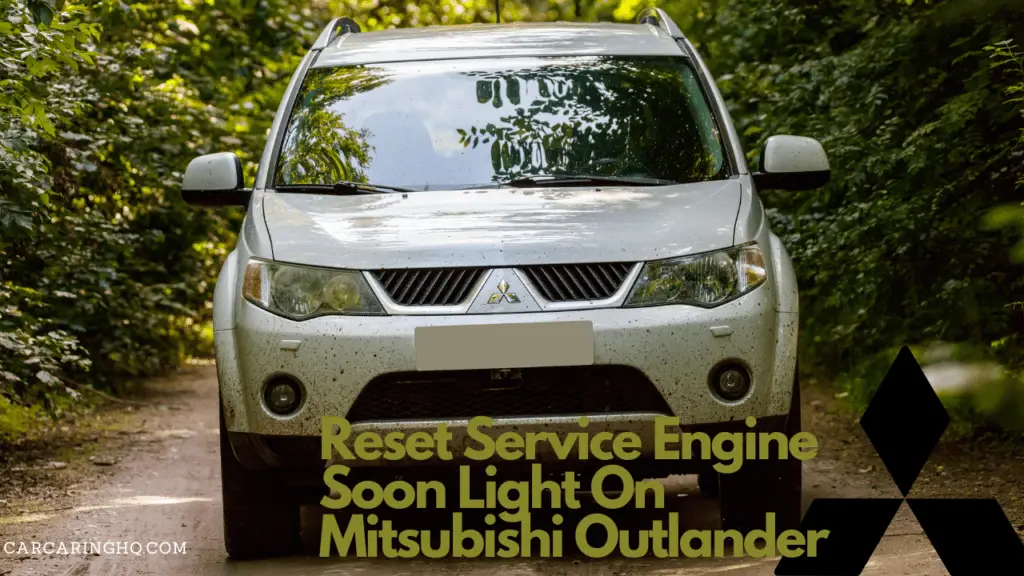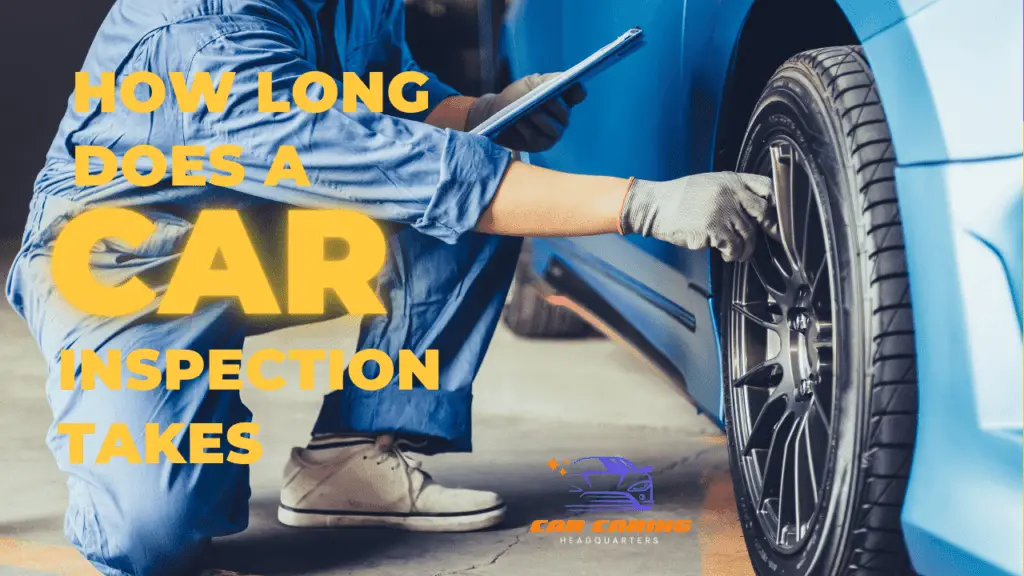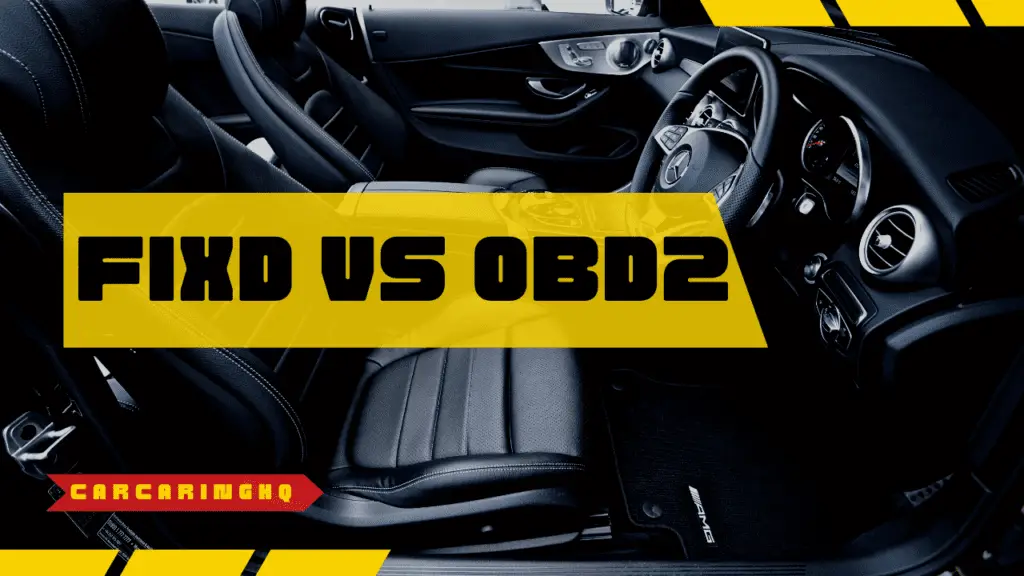Ceramic coating has gained popularity among car enthusiasts due to its exceptional durability and protection. If you’re considering ceramic coating for your car, you might be wondering about the time required for the application process.
In this article, we’ll explore the factors that influence the time needed for ceramic coating and provide useful insights to help you understand the process.
Ceramic coating is a liquid polymer that chemically bonds with the car’s paint, creating a protective layer that enhances its appearance and shields it from various environmental contaminants. The benefits of ceramic coating include long-lasting protection, hydrophobic properties, and ease of maintenance.
Table of Contents
Understanding Ceramic Coating
What is ceramic coating?
Ceramic coating is a liquid product containing small particles of ceramic nanoparticles or silica dioxide. When applied to the car’s paint, it forms a chemical bond that creates a durable and protective layer. This layer acts as a barrier against UV rays, dirt, chemicals, and minor scratches.
How does ceramic coating work?
Ceramic coating works through a process called crosslinking, where the liquid coating chemically bonds with the car’s paint.
This bond creates a semi-permanent or permanent layer that cannot be easily washed off or removed by normal means. The result is a strong, hydrophobic, and glossy finish.
Factors Affecting the Time Required for Ceramic Coating
Several factors influence the time required to ceramic coat a car. Understanding these factors can give you a better idea of the overall timeframe for the process.
Size and condition of the car
The size of the car plays a significant role in determining the time needed for ceramic coating.
Larger vehicles require more coating product and application time compared to smaller ones. Additionally, the condition of the car’s paint can affect the time required for surface preparation and correction.
Preparation and surface correction
Before applying ceramic coating, the car’s surface needs to be thoroughly prepared. This includes washing, decontaminating, and potentially correcting any imperfections or swirl marks. The extent of surface correction required can add extra time to the overall process.
Number of coating layers
The number of coating layers applied also impacts the time needed for ceramic coating. While a single layer provides some level of protection, multiple layers may be recommended for optimal results. Each layer requires time to apply and cure before the next layer can be added.
Cure time
Curing is a crucial step in the ceramic coating process. It allows the coating to bond and harden properly, ensuring maximum durability and longevity. The specific cure time can vary depending on the coating product used and environmental conditions.
The Process of Ceramic Coating
The ceramic coating process typically involves several steps to achieve the desired results. While the exact process may vary among professionals, the following outline provides a general overview:
Inspection and preparation
An initial inspection is conducted to assess the condition of the car’s paint and identify any areas that require special attention. Necessary preparations, such as removing debris and masking off sensitive areas, are carried out.
Surface cleaning and decontamination
Thorough cleaning is essential to remove any dirt, grime, or contaminants from the car’s paint. This ensures proper bonding of the ceramic coating. Decontamination processes, such as clay bar treatment, may be performed to eliminate embedded contaminants.
Paint correction (if necessary)
If the car’s paint has swirl marks, scratches, or imperfections, paint correction techniques, such as polishing or compounding, may be employed to restore the paint’s finish. This step aims to create a smooth and flawless surface for the ceramic coating.
Application of ceramic coating
The ceramic coating is applied to the car’s paint using specialized applicators. The process involves evenly spreading the coating over the surface, ensuring complete coverage and uniform thickness. The coating is left to bond with the paint for a specific period.
Curing and final touches
Once the coating is applied, it requires a curing period to harden and bond fully. The curing time can vary based on the product used and the environmental conditions. After the curing process, any final touches, such as buffing or polishing, may be performed to enhance the gloss and overall appearance.
Average Time Required for Ceramic Coating
The time required for ceramic coating can vary based on the factors mentioned earlier. However, as a general estimate, the process can take anywhere from several hours to a couple of days.
For a standard-sized car in good condition, the entire ceramic coating process may take around 8 to 12 hours. However, larger vehicles or those requiring extensive paint correction may require additional time, potentially extending the process to 1 or 2 days.
It’s important to consult with a professional ceramic coating service to get a more accurate timeframe based on your specific car and its requirements.
Importance of Professional Application
While some car owners may attempt a DIY ceramic coating, professional application offers numerous benefits. Professional ceramic coating services have the expertise, experience, and equipment necessary to ensure a high-quality and efficient application process.
They can assess your car’s needs, provide proper surface preparation and correction, and apply the ceramic coating with precision.
Moreover, professionals can recommend the most suitable ceramic coating product for your car and provide valuable advice on maintenance and care.
Conclusion
Ceramic coating is a fantastic investment for car owners looking to enhance the appearance and protection of their vehicles. The time required for ceramic coating depends on various factors, such as the size and condition of the car, surface preparation, the number of coating layers, and curing time.
While the process can take several hours to a couple of days, seeking professional application ensures optimal results and saves you time and effort in the long run.
FAQs
Q: Can I apply ceramic coating myself?
A: While DIY ceramic coating kits are available, professional application is recommended for optimal results and durability. Professionals have the expertise and equipment to ensure proper surface preparation and precise application.
Q: How long does ceramic coating last on a car?
A: The durability of ceramic coating varies depending on factors such as maintenance, environmental conditions, and the quality of the coating product. On average, ceramic coating can last from 1 to 5 years or more.
Q: Does ceramic coating protect against scratches?
A: Ceramic coating offers some level of scratch resistance, but it is not completely scratch-proof. It provides a protective layer that can help prevent







